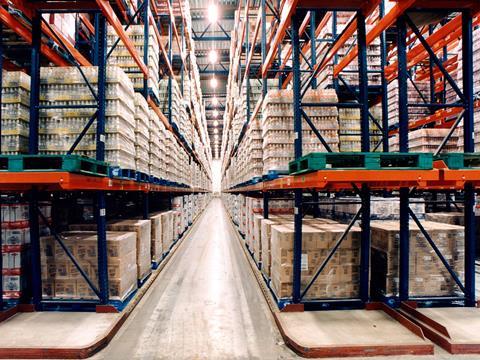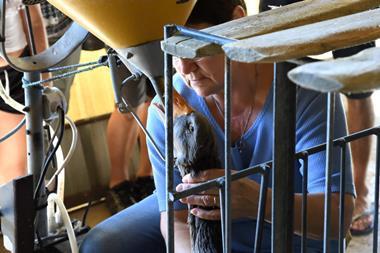
Retailers and suppliers are being urged to comment on proposals that would standardise ordering and supplying processes across the food industry.
The proposals aim to improve the retailer-supplier relationship as part of a ‘right first time’ Perfect Order programme for fresh and ambient goods.
They have been put forward by industry standards body, GS1 UK, and its Perfect Order working group of industry representatives, who say £100m a year could be saved if the notoriously complex ‘order-to-cash’ conundrum of ordering, supplying and paying for goods was standardised.
GS1 UK believes the lack of conformity in the data that is used in the ‘move’ phase of its Perfect Order programme for getting goods to customers via stores and online platforms is what is costing industry dearly.
“For the move phase, we’ve calculated through our research with leading UK retailers and suppliers that the UK grocery industry could save up to £100m a year by removing inefficiencies and avoidable costs,” said GS1 UK engagement manager for retail/CPG Ian Walters.
“Our research focused on areas - process inefficiencies, poor quality supply chain data, lack of product availability, retailer requirements that specify different ways of doing the same things, compliance with retailer requirements and lack of consistent implementation of GS1 standards.”
When finalised, the proposals for the ‘move’ phase of Perfect Order could eliminate the errors caused by the current absence of data standardisation.
Retailers and suppliers can see them in an 18-page ‘Minimum requirements for in-bound logistics for retailers and suppliers’ document on GS1 UK’s website.
GS1 UK’s newly formed Retail Grocery Advisory Board, which includes representatives from 80% of the UK retail grocery market and was announced last month, is also being consulted.


















No comments yet